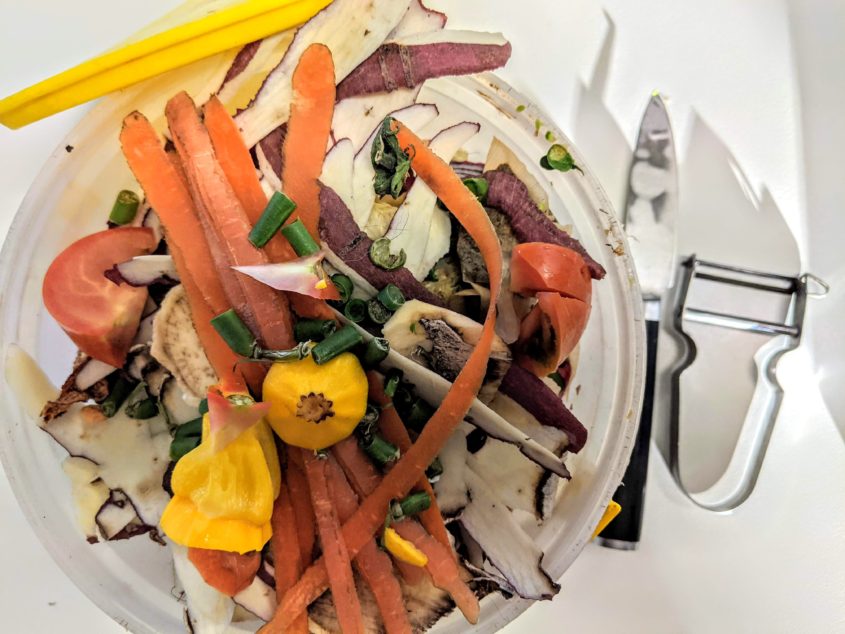
6 FANTASTIC compost tips on how to balance it
OMG! has it happened to you? When you realize that your compost bin is off balance, and you have to see whats in need of. My friends it happened to me! UGH! Subsequently, because of it I had a nasty invasion of pests in my bin! Followed, by the entire apartment covered in them, in and out!
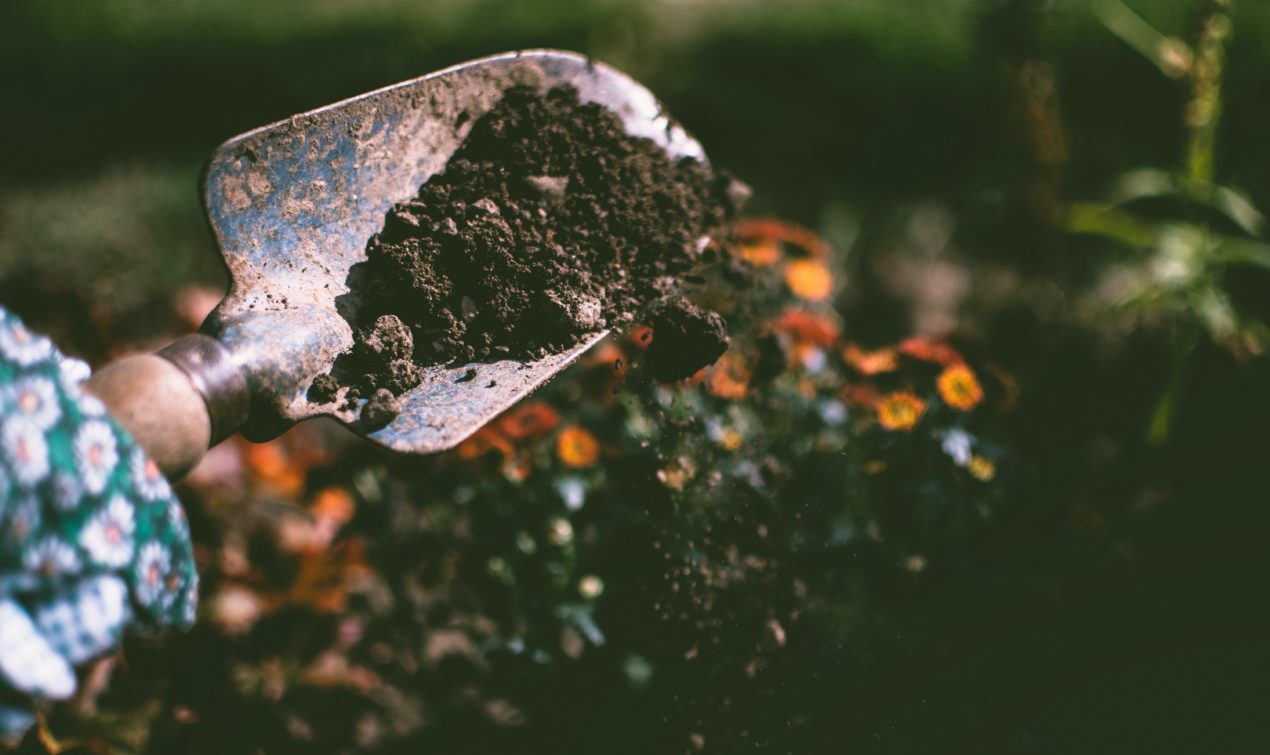
Composting is FUN
Composting is a great way to recycle organic waste and create nutrient-rich soil for your garden, but it can also attract unwanted pests if not properly balanced. Also, it allows you to recycle food scraps and utilize back into the earth! Most important, it is magical to see the health of your garden massively improve!
How to get rid of the nasty pest infestation in your compost
It is a natural process to get them. But boy, are they annoying! Let me tell you, I’m usually on top of my mixture and making sure I’m placing a healthy amount of what the compost needs to flourish. furthermore, if it wasn’t for that email that came through my inbox, my infestation would have been much more out of control.
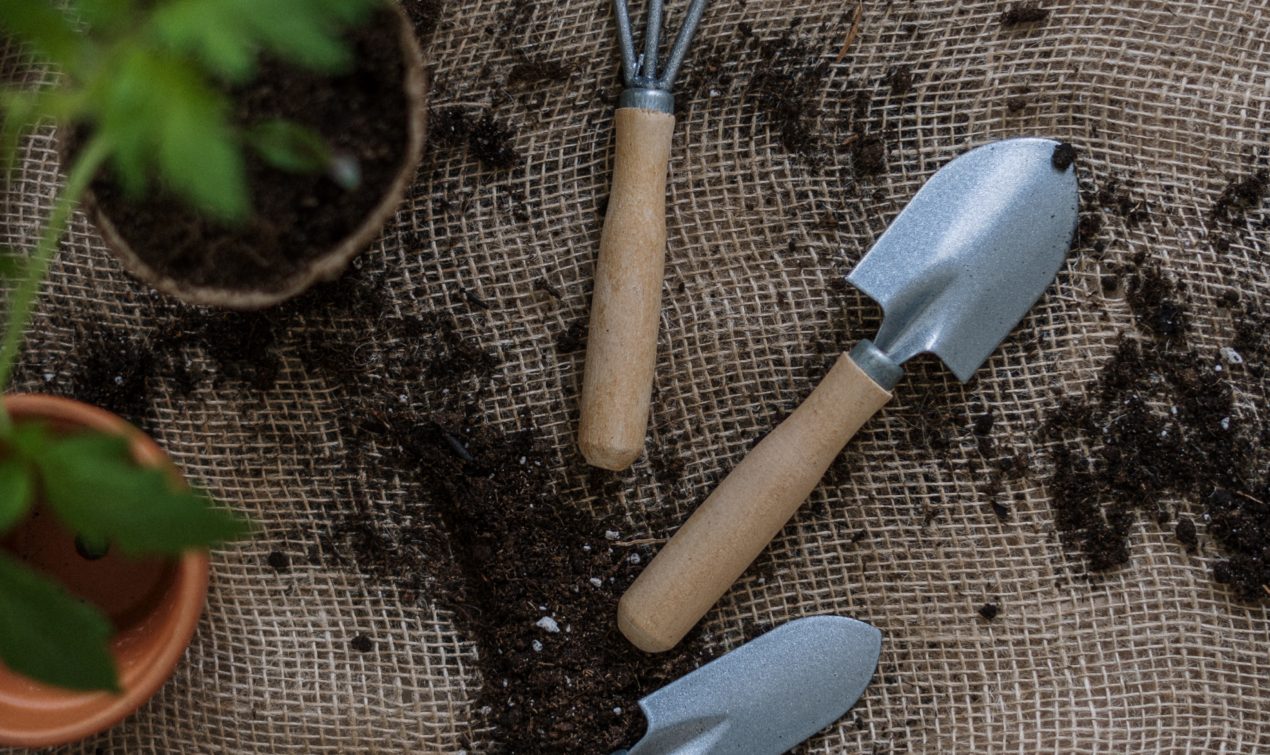
Check it out, if you haven’t yet, how I killed off all my compost insects’ infestation: https://twistandtunein.com/how-to-activate-your-compost-bin-and-get-rid-of-nasty-pesty-invasion-of-insects/
Here are some tips to help balance your compost bin and prevent infestations:
- Layer your compost: Add a layer of “browns” (dry leaves, twigs, and branches) followed by a layer of “greens” (fresh grass clippings, fruit and vegetable scraps, and coffee grounds). Continue alternating layers until your compost bin is full.
- Keep your compost moist: Your compost should be damp, but not too wet. If it’s too dry, add some water. If it’s too wet, add more browns.
- Turn your compost regularly: Turning your compost helps to aerate it and speed up the composting process. It also helps to distribute any pests that may have found their way into your compost.
- Avoid adding meat, dairy, and fatty foods: These types of foods can attract pests and slow down the composting process. Stick to vegetable scraps, coffee grounds, and other non-greasy food waste.
- Use a compost bin with a lid: A lid will help keep pests out of your compost. Make sure the lid is secure and that there are no gaps or holes.
- Avoid adding diseased or insect-infested plants: These can introduce pests to your compost bin.
By following these tips, you can balance your compost bin and prevent infestations. And if life gets in your way (just like mine LOL) you can always go back and balance it out!!! Happy composting!
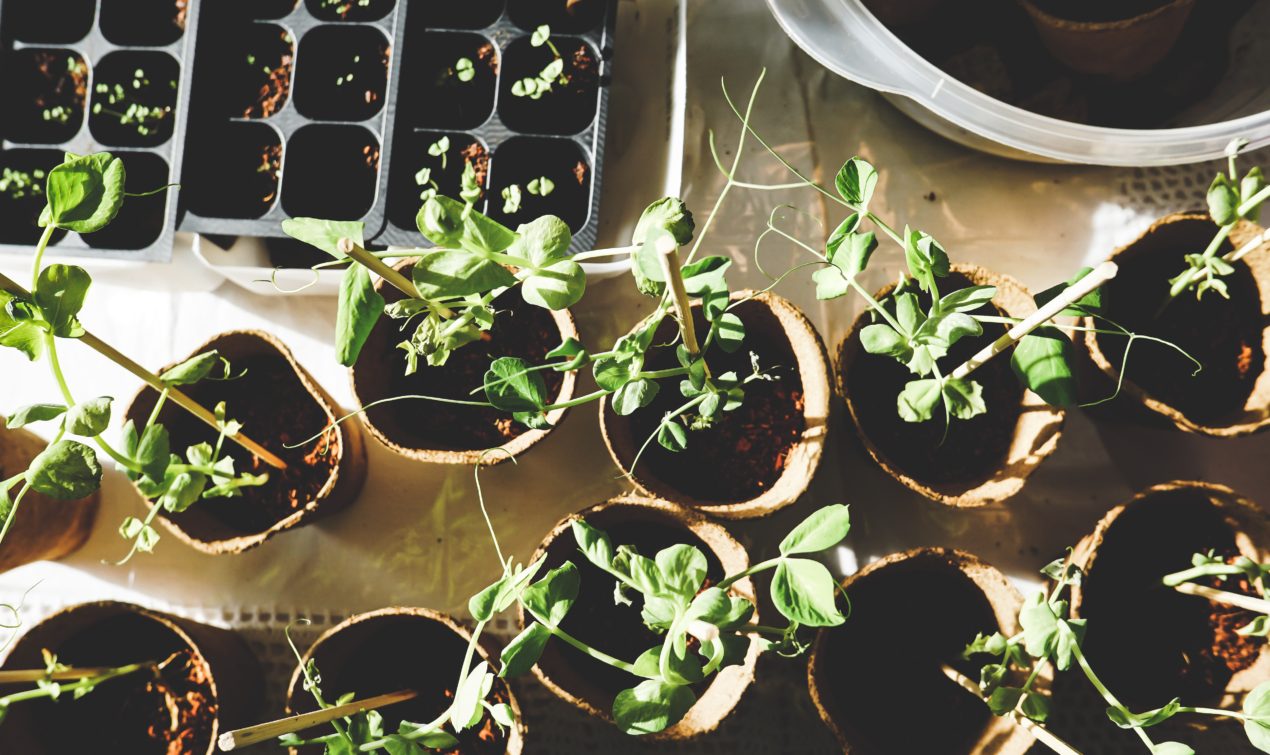


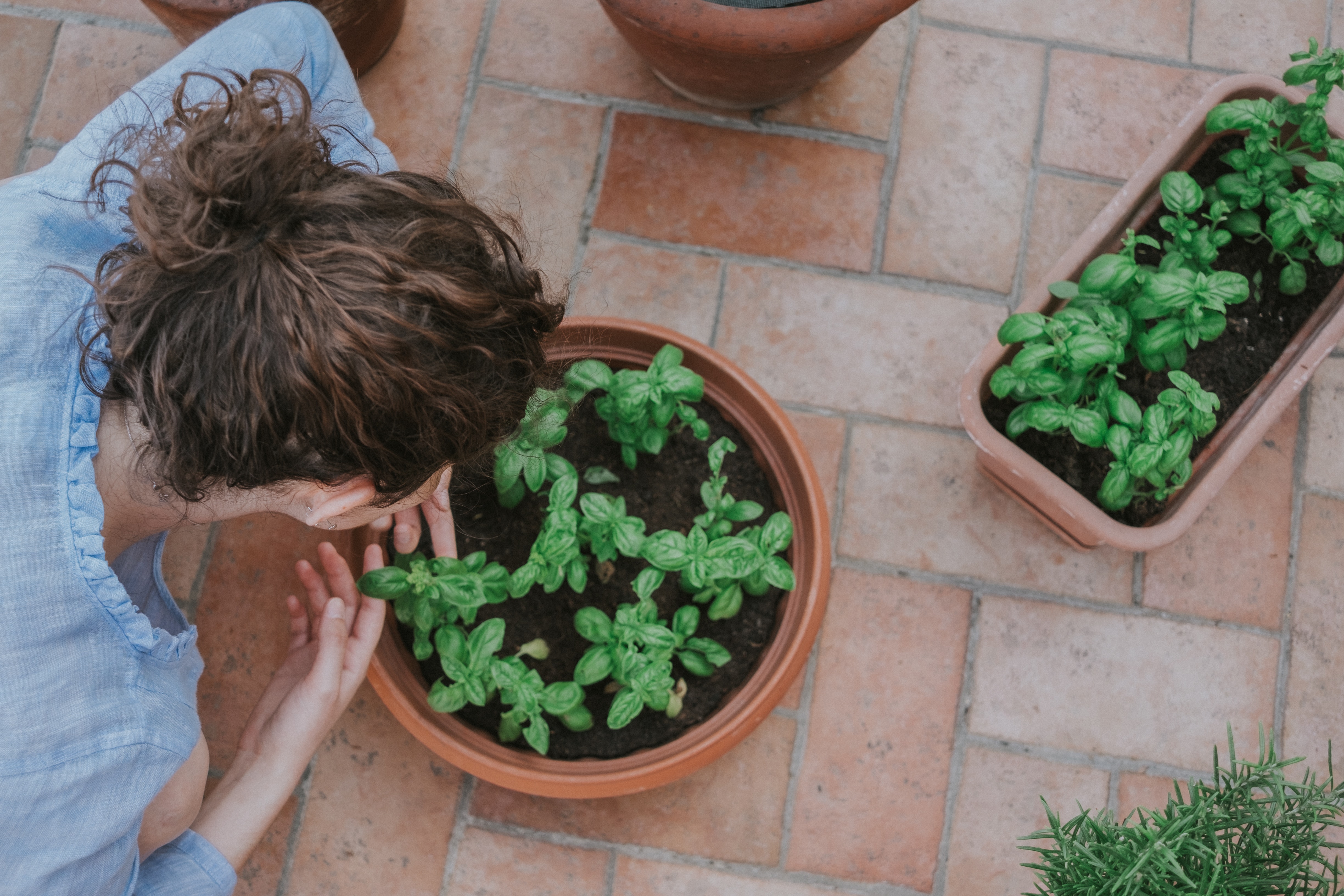

// Comments are closed //